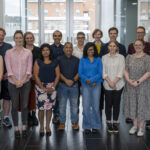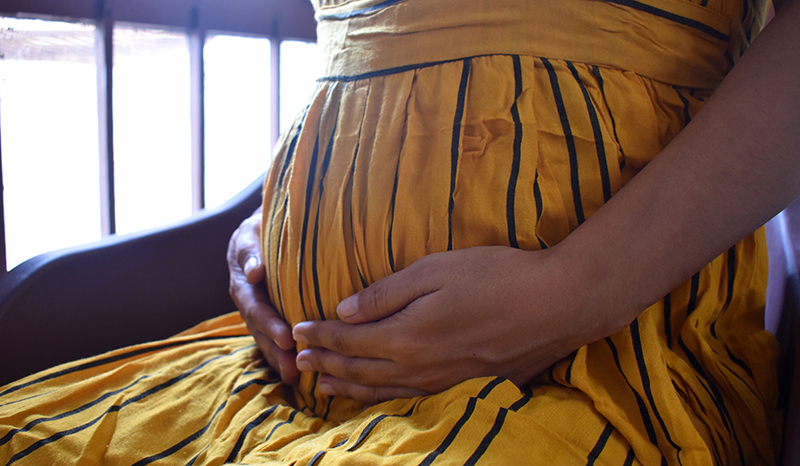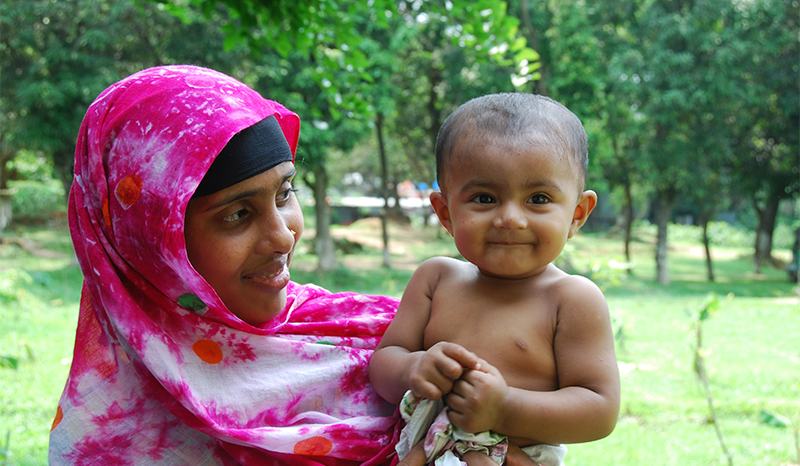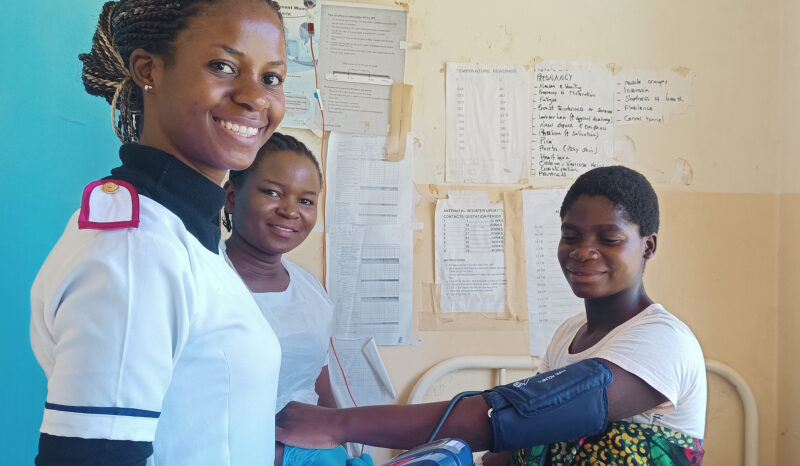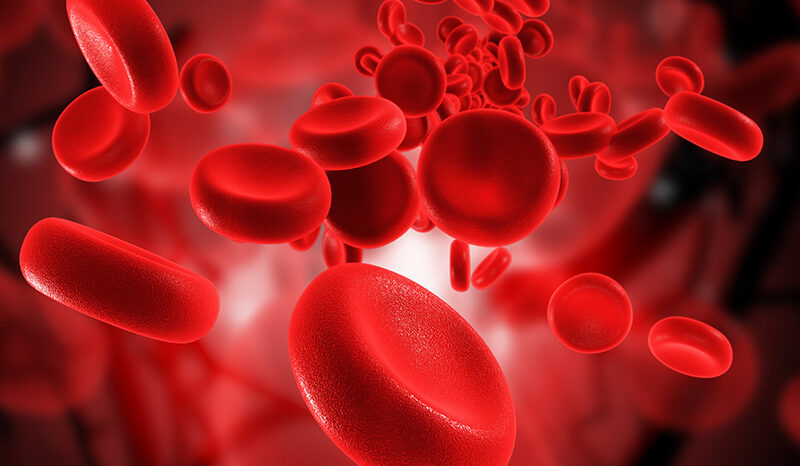Larson LM, Baldi A, Hasan MI, Jones N, Owens Pickle E, Ataide R, Bennett C, Bhuiyan MSA, Tipu SMU, Tofail F, Biggs B-A, Hamadani J, Pasricha S-R, Braat S. Role of hepcidin on benefits and risks of supplementation with iron syrup and multiple micronutrient powders in Bangladeshi children: a sub-study to a randomized controlled trial. American Journal of Clinical Nutrition. 2025;121(5):10.1016/j.ajcnut.2025.02.018
Fielding KL, Bennett C, Pettikiriarachchi A, Jones N, Harding R, McLean ARD, Randall LM, Schaeper U, Martinez A, Ataide R, Pasricha S-R. Maternal Tmprss6 is required for hepcidin suppression and fetal health. Blood. 2025;:10.1182/blood.2024027563
Sertori R, Pasricha S-R. QTLs unlock RBC storage hemolysis secrets. Blood. 2025;145(7):10.1182/blood.2024027136
Starr M, Harding R, Ataíde R, Von Dinklage N, Sinharoy SS, Jayasinghe Y, Manda-Taylor L, Fisher J, Braat S, Pasricha S-R. Epidemiology of menstrual-related absenteeism in 44 low-income and middle-income countries: a cross-sectional analysis of Multiple Indicator Cluster Surveys. The Lancet Global Health. 2025;13(2):10.1016/s2214-109x(24)00468-6
Pasricha S-R, Moya E, Ataíde R, Mzembe G, Harding R, Mwangi MN, Zinenani T, Prang K-H, Kaunda J, Mtambo OPL, Vokhiwa M, Mhango G, Mamani-Mategula E, Fielding K, Demir A, Von Dinklage N, Verhoef H, McLean AR, Manda-Taylor L, Braat S, Phiri KS. Ferric carboxymaltose for anemia in late pregnancy: a randomized controlled trial. Nature Medicine. 2025;31(1):10.1038/s41591-024-03385-w
Pasricha S-R, Moya E, Ataíde R, Mzembe G, Harding R, Mwangi MN, Zinenani T, Prang K-H, Kaunda J, Mtambo OPL, Vokhiwa M, Mhango G, Mamani-Mategula E, Fielding K, Demir A, Von Dinklage N, Verhoef H, McLean AR, Manda-Taylor L, Braat S, Phiri KS. Author Correction: Ferric carboxymaltose for anemia in late pregnancy: a randomized controlled trial. Nature Medicine. 2025;31(1):10.1038/s41591-025-03492-2
Mzembe G, Moya E, Mwangi MN, Ataide R, Harding R, Kaunda J, Zinenani T, Mhango G, Stones W, Mtambo O, Demir AY, Verhoef H, Braat S, Pasricha S-R, Phiri KS. Postpartum maternal and infant haematological effects of second-trimester ferric carboxymaltose versus standard-of-care oral iron in Malawi: longitudinal follow-up of a randomised controlled trial. The Lancet Global Health. 2024;12(12):10.1016/s2214-109x(24)00380-2
Hasan MI, Ahmed S, McLean ARD, M Quaiyum Rahman A, Bhuiyan MSA, Tipu SMMU, Braat S, Arifeen SE, Hamadani JD, Pasricha S-R, Davidson EM. High anaemia and iron deficiency prevalence among pregnant women living in low groundwater iron areas of Bangladesh. BMC Public Health. 2024;24(1):10.1186/s12889-024-20480-2
Raman I, Bennett C, Juneja S, Yannakou CK, Indran T, Pasricha S-R. Dysregulated Complement Activation in Polycythemia Vera: A Novel Mechanism for Thrombosis in Myeloproliferative Neoplasms Uncovered By Proteomic Analysis. Blood. 2024;144(Supplement 1):10.1182/blood-2024-206614
Bennett C, Pettikiriarachchi A, McLean ARD, Harding R, Blewitt ME, Seillet C, Pasricha S. Serum iron and transferrin saturation variation are circadian regulated and linked to the harmonic circadian oscillations of erythropoiesis and hepatic Tfrc expression in mice. American Journal of Hematology. 2024;99(11):10.1002/ajh.27447


